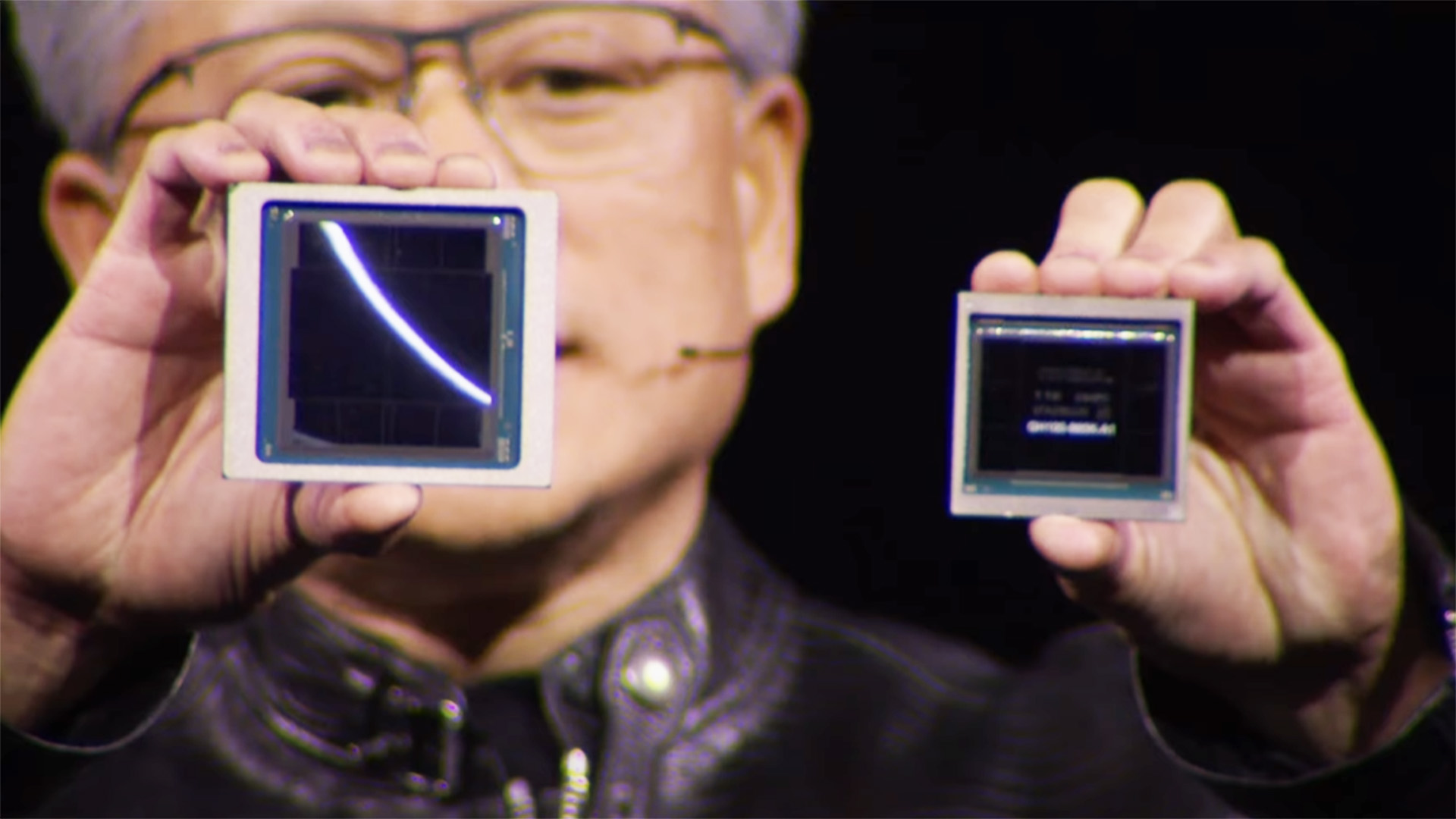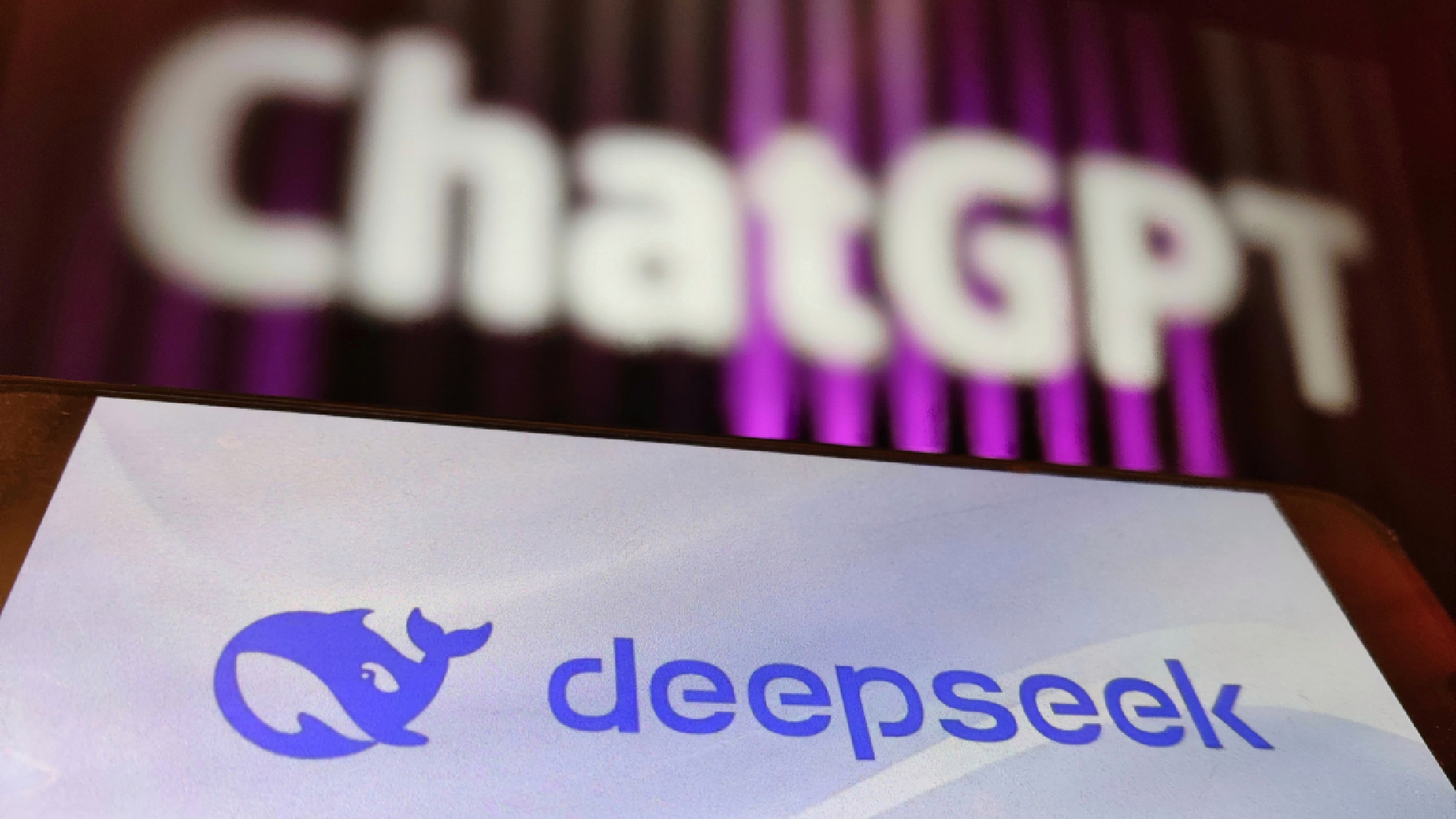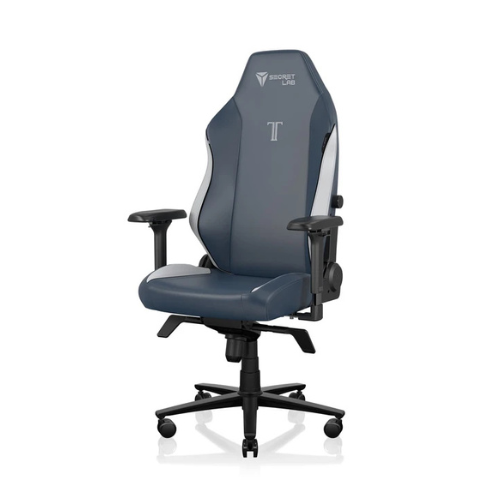After US export restrictions were lifted on Nvidia’s H20 AI processors, China’s Cyberspace Administration summoned the company to explain whether or not the chips had any backdoor access. Nvidia denied that this was true, and in a new blog, it not only reiterated this statement but explained why the whole concept of a secret backdoor is nonsense in the first place.
This confirmation was provided by Nvidia’s chief security officer, David Reber Jr. in a blog post titled “No Backdoors. No Kill Switches. No Spyware.” He really doesn’t mince his words: “Nvidia GPUs do not and should not have kill switches and backdoors.” As to why this has all cropped up in the first place, it’s in part due to previous demands from some US politicians that Nvidia should add tracking devices to their chips.
“To mitigate the risk of misuse, some pundits and policymakers propose requiring hardware ‘kill switches’ or built-in controls that can remotely disable GPUs without user knowledge and consent,” writes Reber Jr. “Some suspect they might already exist.”
The rest is obviously down to concerns that the US administration’s U-turn on selling chips to China might involve some nefarious machinations behind the scenes to spy on the country’s developments in AI. Nvidia explains why this would just be a bad idea, full stop.
“There is no such thing as a ‘good’ secret backdoor — only dangerous vulnerabilities that need to be eliminated.

“It’s like buying a car where the dealership keeps a remote control for the parking brake — just in case they decide you shouldn’t be driving. That’s not sound policy. It’s an overreaction that would irreparably harm America’s economic and national security interests.”
Nvidia points out that adding any kind of secret access to its GPUs, either to disable them remotely or spy on their usage, would make them open to being used in the opposite direction. “Embedding backdoors and kill switches into chips would be a gift to hackers and hostile actors,” says Nvidia.
The unexpected release of DeepSeek R1 earlier this year was a stark reminder that America isn’t the only country with the means and drive to produce cutting-edge AI. China-based DeepSeek used Nvidia’s A100 and H800 GPUs to train its models, and this may have fueled the demands for backdoors to be added to the chips.
Some might argue that Nvidia shouldn’t be selling its GPUs to China in the first place because of fears over the US losing ground in the AI market. The counter to this is that all this would do is force China to become increasingly self-reliant on its own GPU design and manufacturing, to the point where it no longer has to send billions of dollars into Nvidia’s and the US Treasury’s coffers.

Hence, why the export restriction has been lifted: Nvidia gets to make more money, which in turn helps the US economy. It also helps to temper China’s efforts to create its own AI mega-chips. And Nvidia is crystal clear about how secure all of this is: “There are no back doors in [our] chips. No kill switches. No spyware. That’s not how trustworthy systems are built — and never will be.”

Best PC gaming kit 2025
